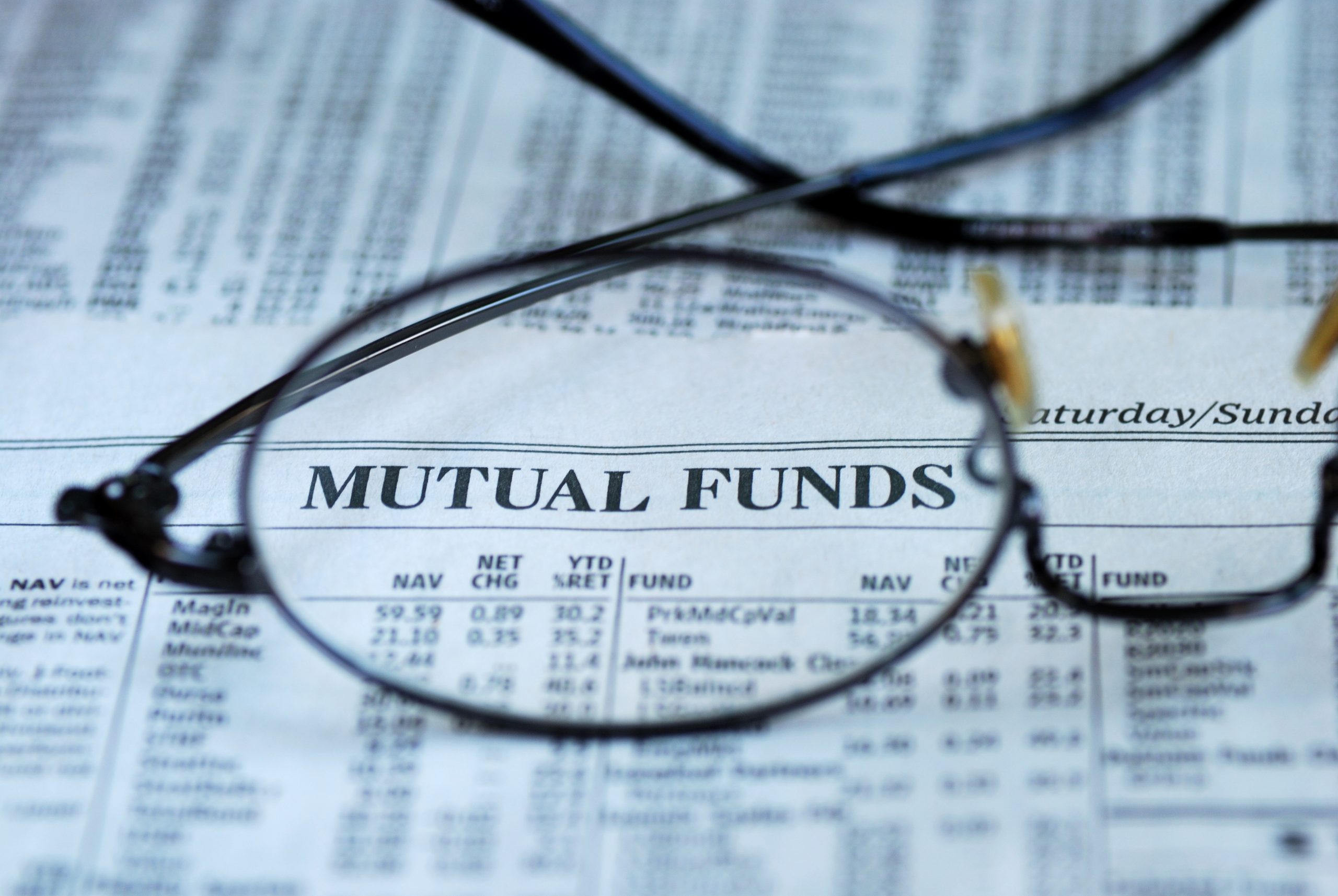If you are someone who is looking to branch out into new opportunities of investment, one market that you may have tapped into yet is debt mutual funds. Debt mutual funds are investments made into securities such as bonds, treasury bills, corporate debt securities, and government securities. Debt mutual funds are beneficial investments because they offer a low-cost structure and relatively stable returns. They possess a reasonable amount of liquidity and help investors create diversified portfolios that offer security and growth.
Choosing the best debt mutual fund is not a simple task, this is because the fund categories differ greatly. Some funds are focused on short-term securities, while others are focused on long-term securities. In addition, the various types of debt mutual funds also possess varying degrees of risk.
How To Choose the Right Debt Mutual Fund?
Since there is so much variety and diversity on offer in the debt mutual fund market, it is important to assess the type of investor you are and the fund that matches your needs. Here are some tips that can help you choose the best debt mutual funds as per your investment needs.
- For Short-Term Investors: If you are a short-term investor looking to utilise surplus money and earn higher returns, then short-term mutual funds would be a suitable fit for you. Funds such as commercial papers, bonds, and certificates of deposit would be a good place to invest. These types of funds usually mature in 3-6 months and have a low risk factor. Investors looking for quick and safe short-term returns can also venture into liquid funds such as treasury bills. Treasury bills have a holding period of only 3 months and carry a very low element of risk.
- Long-Term Investors: If you are someone looking to place their money in a fixed tenure due to uncertain interest rate movements, then fixed maturity plans would be the right investment option. These types of funds usually have a holding period of 3 years or more, so be prepared to wait it out! They carry a low to medium risk and can dish out returns anywhere between 7.25% to 8%.
Investors looking for higher returns on riskier investments via long-term investments should consider investing in income and dynamic bond funds. These types of funds are usually a mix of bonds, government securities and corporate debentures. They have a holding period of 3-5 years, and carry a medium to high risk, but can offer as high as 10% return on investment.
Taxation and Debt Mutual Funds
While the earnings on debt mutual funds are not a tax-saver investment, they can help investors offset losses from other investments. Hence, investors may not have to pay tax on the capital gains received from debt mutual funds if they use it to offset losses.
Conclusion
Remember to do your investor due diligence on the different types of mutual funds to select the best debt mutual fund that is most suited to you. Remember to check the credit rate of the debt mutual fund you are planning to invest in. The higher the credit rating, the safer the investment. However, if you are an investor looking to capitalize on an opportunity for high returns, then funds with a slightly lower credit rating are still worth considering.



